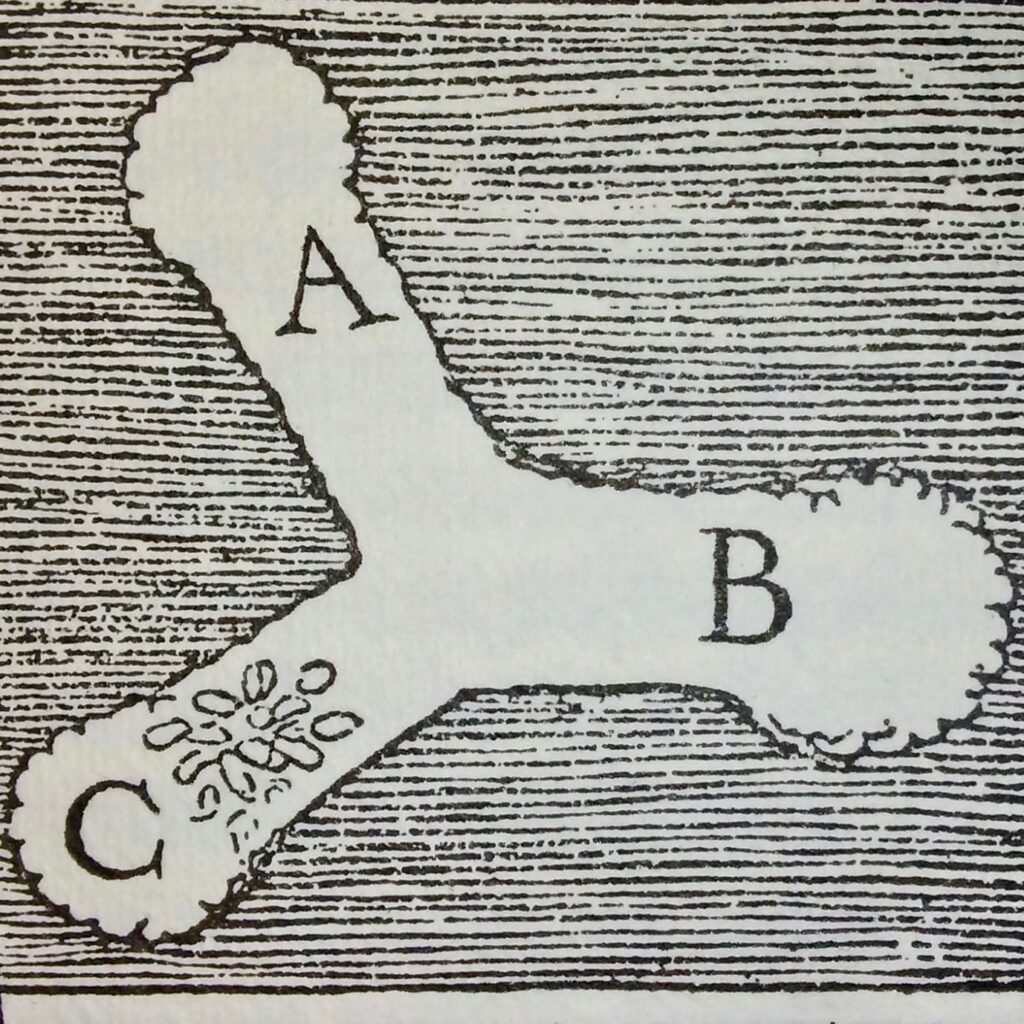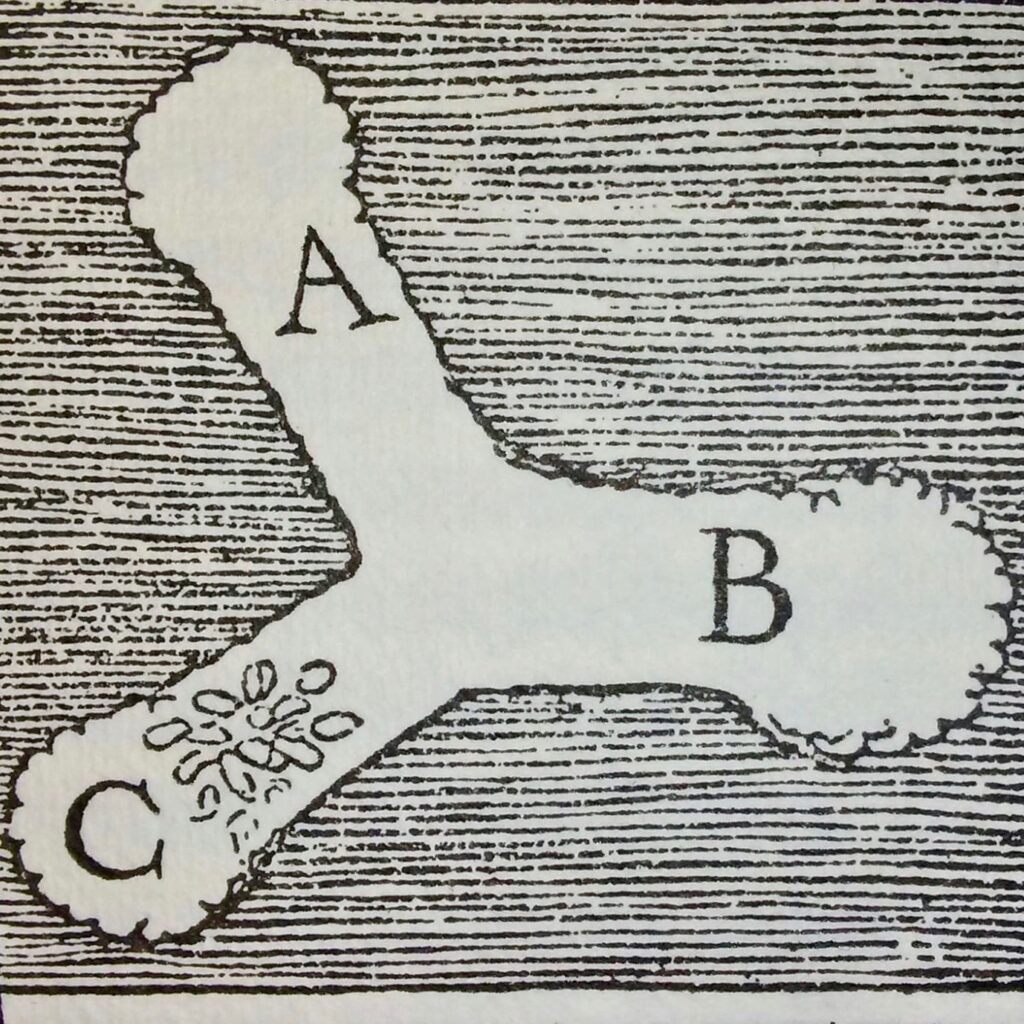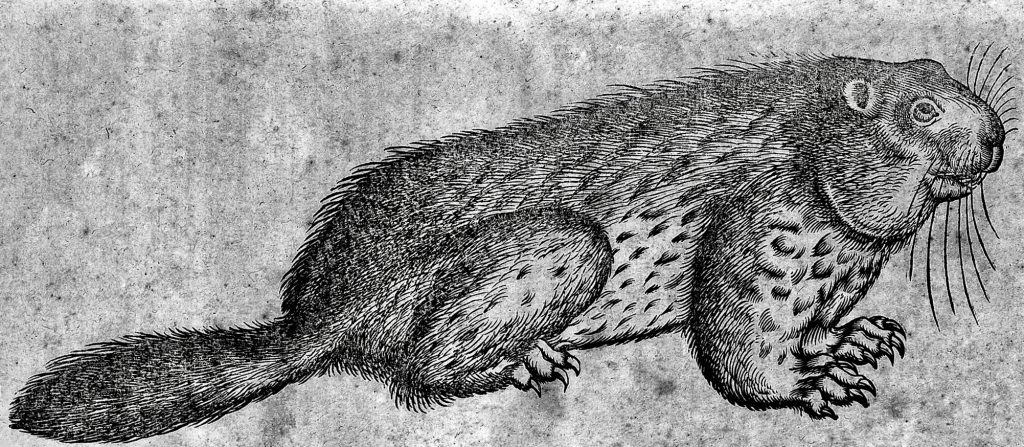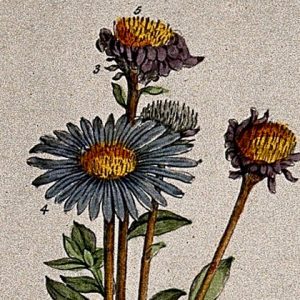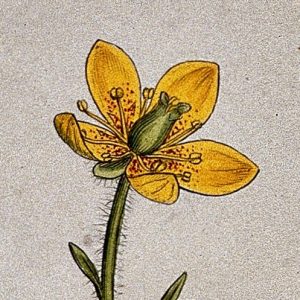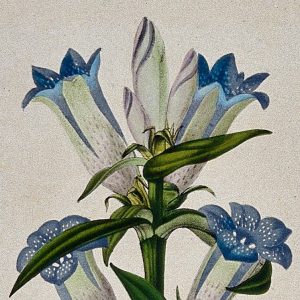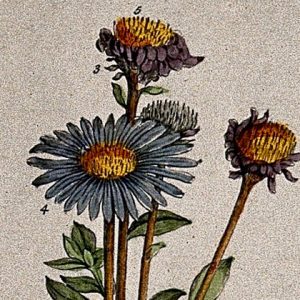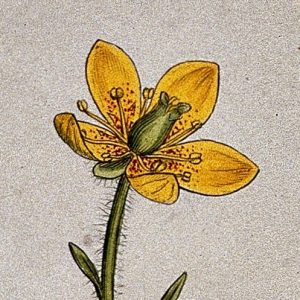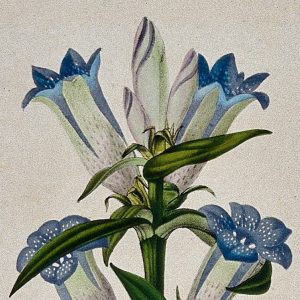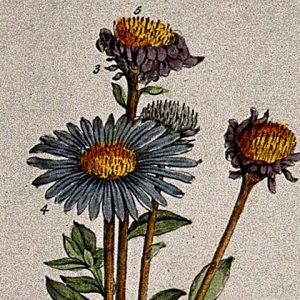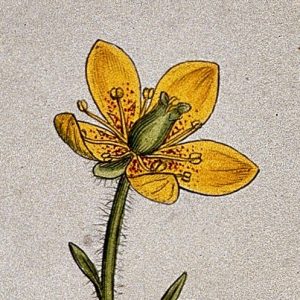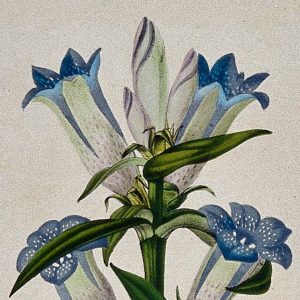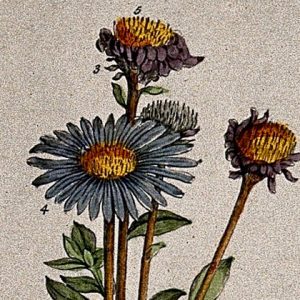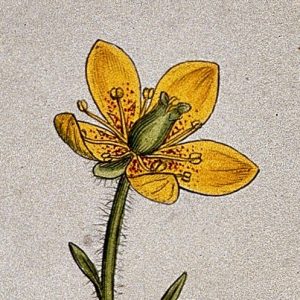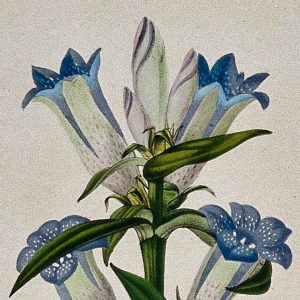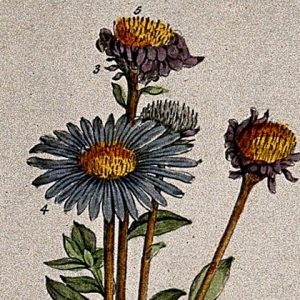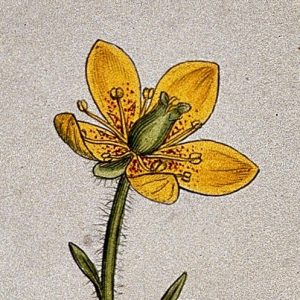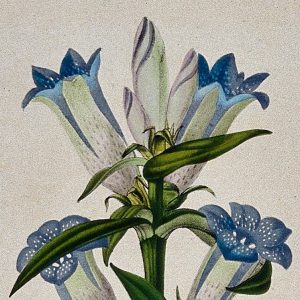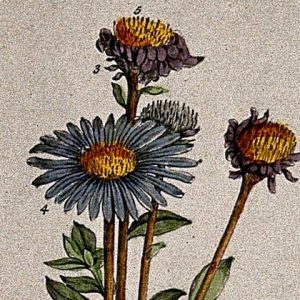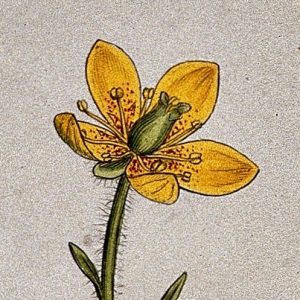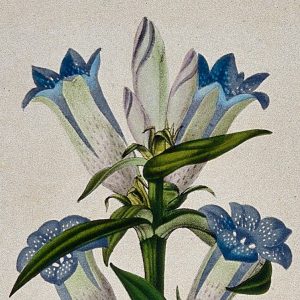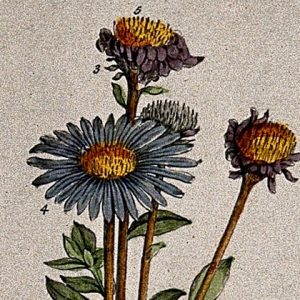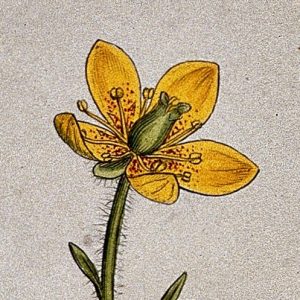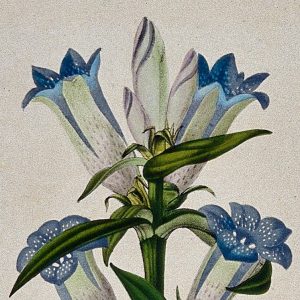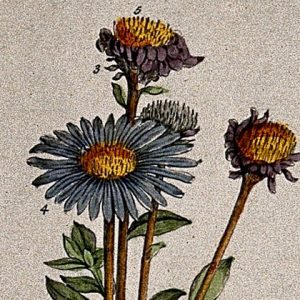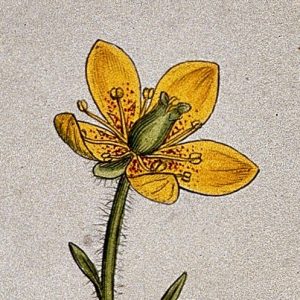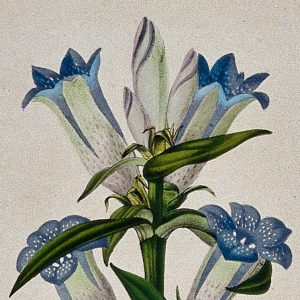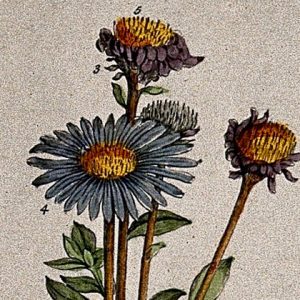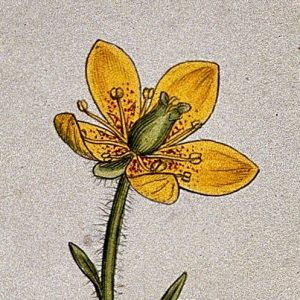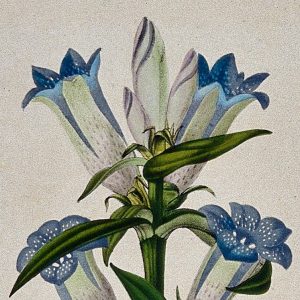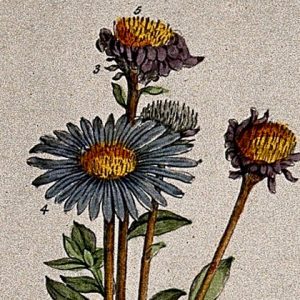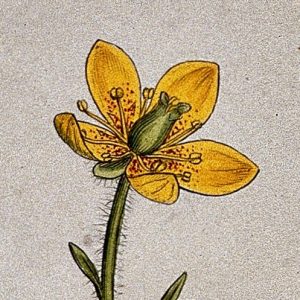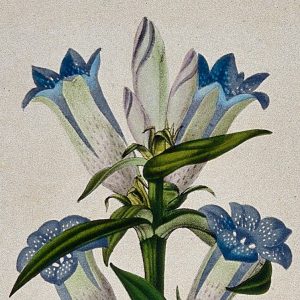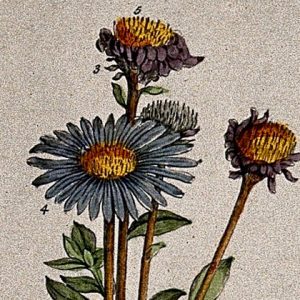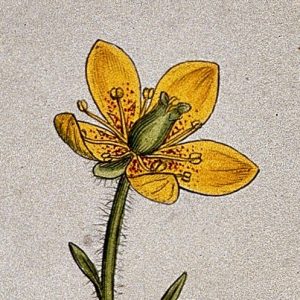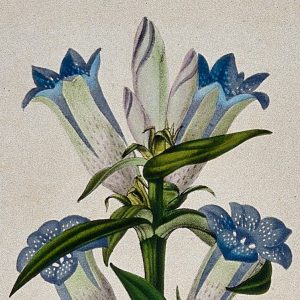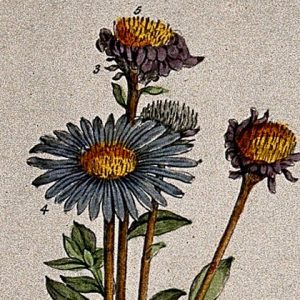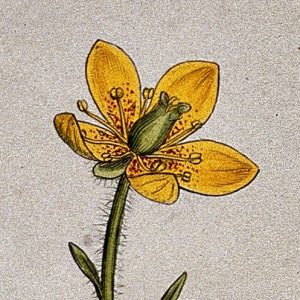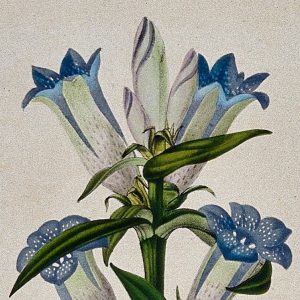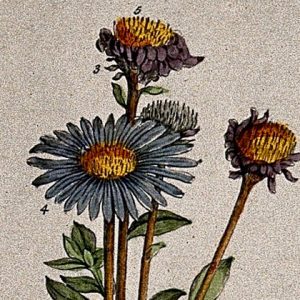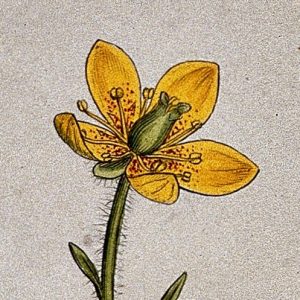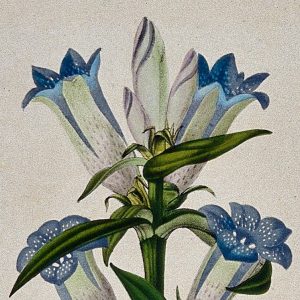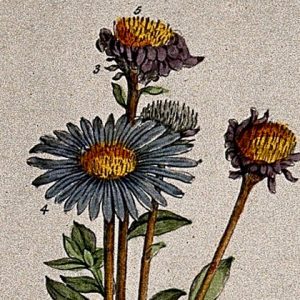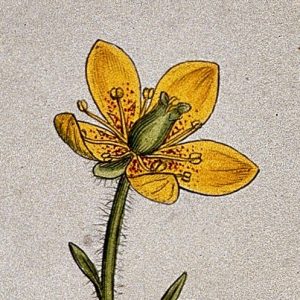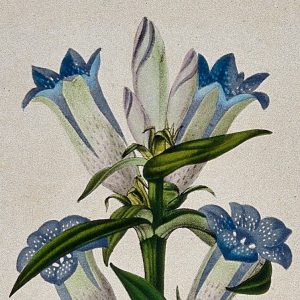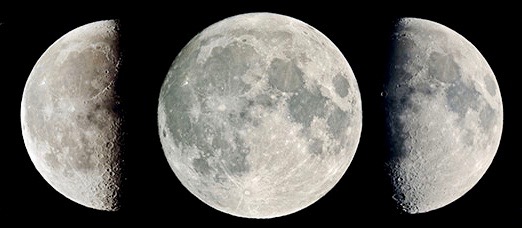Eugène Rambert
6th April 1830 Sâles VD - 21st November 1886 Lausanne
The Marmot with the CollarDiary of a Philosopher
Conrad Gessner’s Thierbuch (1563) provides the masthead for our work to restore the Tablets of the Philosophical Marmot to readers of today.
The Philosophical Marmot “tweets” occasional excerpts from the Tablets (chosen by lot) @phil_marmot.
Translator's Preface
Here is presented a neglected classic of nineteenth century Swiss literature, Eugène Rambert’s La marmotte au collier (1889), together with its German translation by M. Rambert’s fellow Swiss, Alfred Graber, Das Murmeltier mit dem Halsband (1929). For the first time the Tablets of the Philosophical Marmot appear also in English.
Both Titivillus and distance from a French library will have left their mark. However, I think it best to publish this trilingual edition of The Marmot with the Collar now and to revise over the coming months and years, as the pandemic and commitment elsewhere afford leisure for Marmotology.
RLH
Feast of the Assumption * 2020
* Dry Moon,Fourth Day of the Last Quarter
EDITION
Edition / Auflage
La marmotte au collier
E. Rambert
Lausanne (1889)
Das Murmeltier mit dem Halsband
A. Graber
Munich (1929)
The Marmot with the Collar
R. L. Hewitt
Mtunthama (2020)
Gentle Reader
(To whom the Gods have revealed the way to this Cave of the Crystals of Violet) –
Our fathers’ fathers had learned from the elders of their time that a Man (likewise abroad from England) once addressed his aftercomers thus:
Hic, rogo, pauxillum veniens subsiste viator,
Et mea scrutare pectore dicta tuo.
Here, I pray thee, o pilgrim that passest, stand for a short space,
And in thy heart turn o’er words that I utter in death.
Would that all Men who are Friends of Marmots might repay this Diary the same courtesy!
Your Eternal and Philosophical MarmotTwelfth Day * 2022
* The "Long Night"
PART I
Partie I / Teil I
Premier été
Erster Sommer
First Summer
Clover Moon
Lune du trèfle / Kleemond
M.01.04.04.01 / M.001 - M.01.04.04.04 / M.003
Dry Moon
Lune sèche / Trockenmond
M.01.05.01.01 / M.004 - M.01.05.04.07 / M.020
Moon of Fatness
Lune de graisse / Fetter Mond
M.01.06.01.02 / M.021 - M.01.06.04.07 / M.035
Unhappy Moon
Lune triste / Trauermond
M.01.07.01.01 / M.036 - M.01.07.03.04d / M.057
PART II
Partie II / Teil II
Deuxième été
Zweiter Sommer
Second Summer
Moon of Avalanches
Lune des avalanches / Lawinenmond
M.02.01.03.07 / M.058 - M.02.01.04.07 / M.062
Moon of Love
Lune d'amour / Liebesmond
M.02.02.01.06 / M.063 - M.02.02.04.07 / M.085
Withered Moon
Lune flétrie / Magerer Mond
M.02.03.01.01 / M.086 - M.02.03.04.07 / M.101
Clover Moon
Lune du trèfle / Kleemond
M.02.04.01.02 / M.102 - M.02.04.04.07 / M.119
Dry Moon
Lune sèche / Trockenmond
M.02.05.01.01 / M.120 - M.02.05.03.04 / M.131
Moon of Fatness
Lune de graisse / Fetter Mond
M.02.06.01.01 / M.132 - M.02.06.03.07 / M.146
[Unhappy Moon]
[Lune triste] / Trauermond
M.02.07.01.01 / M.147 - M.02.07.03.04b / M.163
PART III
Partie III / Teil III
Troisième été
Dritter Sommer
Third Summer
Moon of Avalanches
Lune des avalanches / Lawinenmond
M.03.01.03.03 / M.164 - M.03.01.04.07 / M.174
Moon of Love
Lune d'amour / Liebesmond
M.03.02.01.01a / M.175 - M.03.02.04.06 / M.203
Withered Moon
Lune flétrie / Magerer Mond
M.03.03.01.05 / M.204 - M.03.03.04.01 / M.220
Appendices
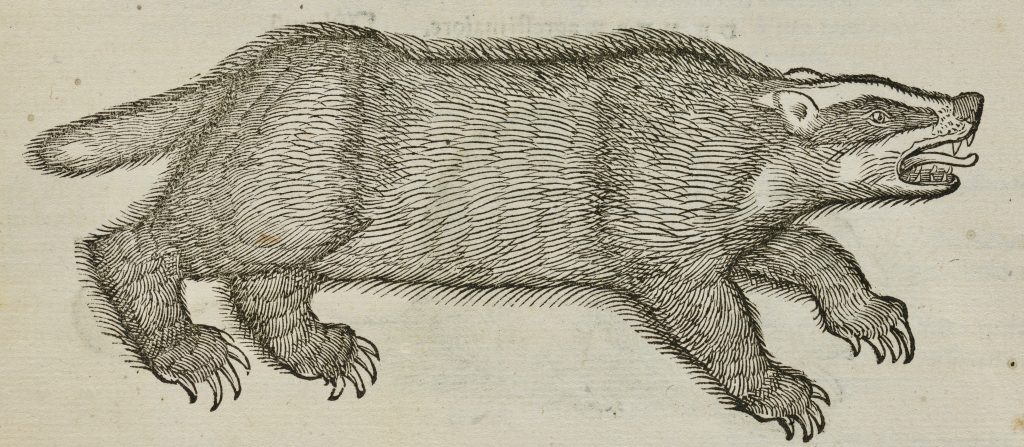
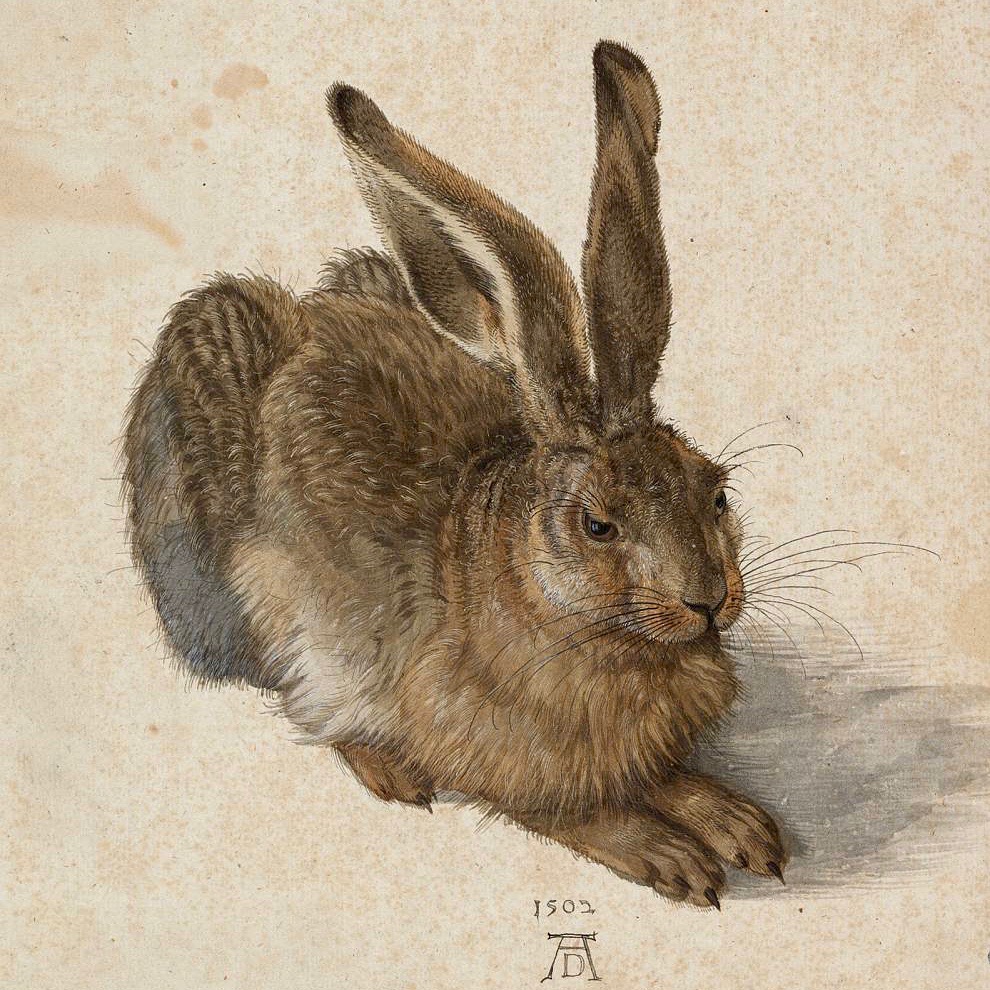
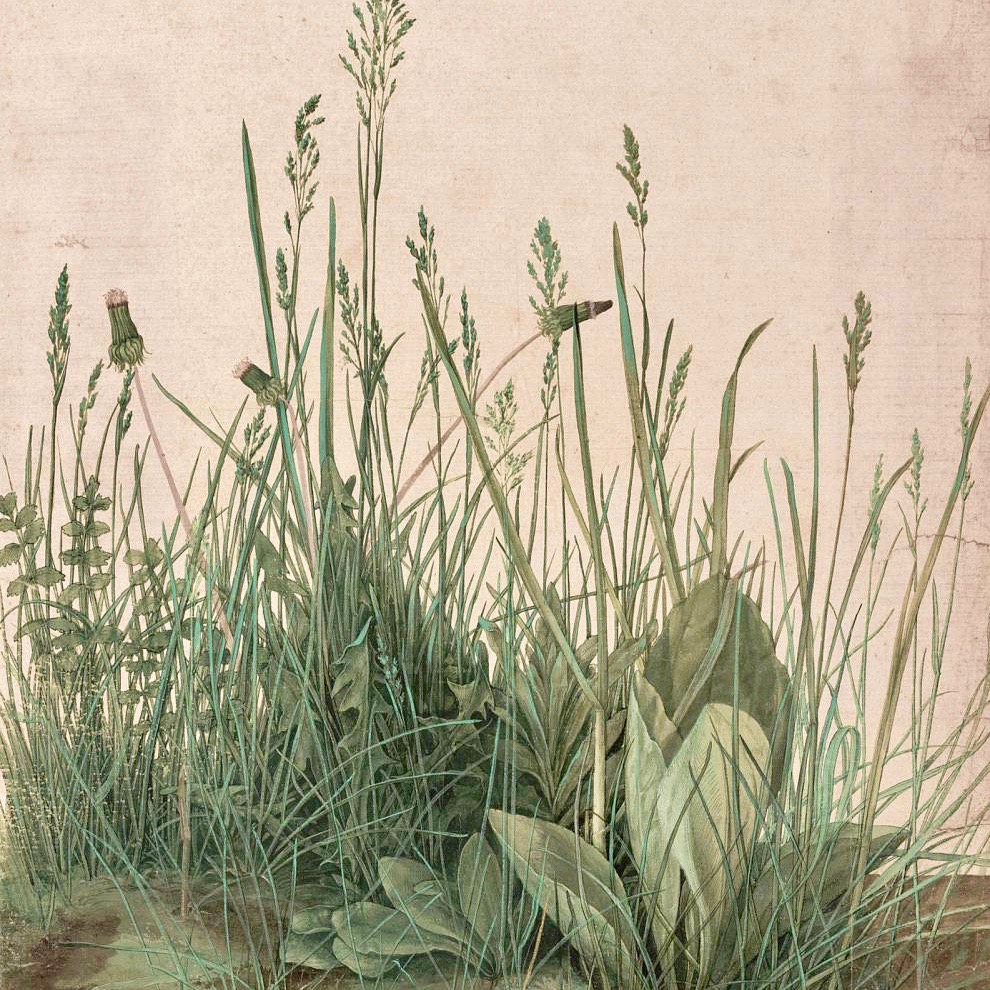
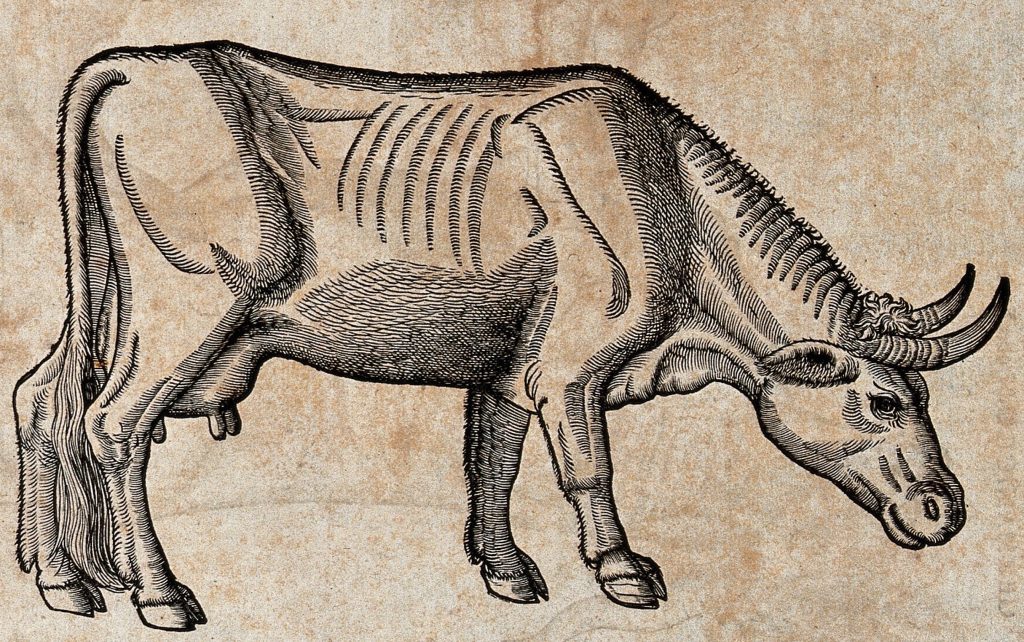
Thanks
Dr. Stephen Marsh (qd. Kamuzu Academy) and Messrs. Tomali Banda and Andrew Goodson (Kamuzu Academy) kindly assisted with details in the French.
Mr. Barnaby Probert (Plymouth) proved an indefatigable collaborator in the search after the identity of the flora known to the Philosophical Marmot.
Dr. Marsh and Mr. Probert also read drafts of the English translation, as did Ms. Daisy Belfield Santos (qd. Kamuzu Academy).
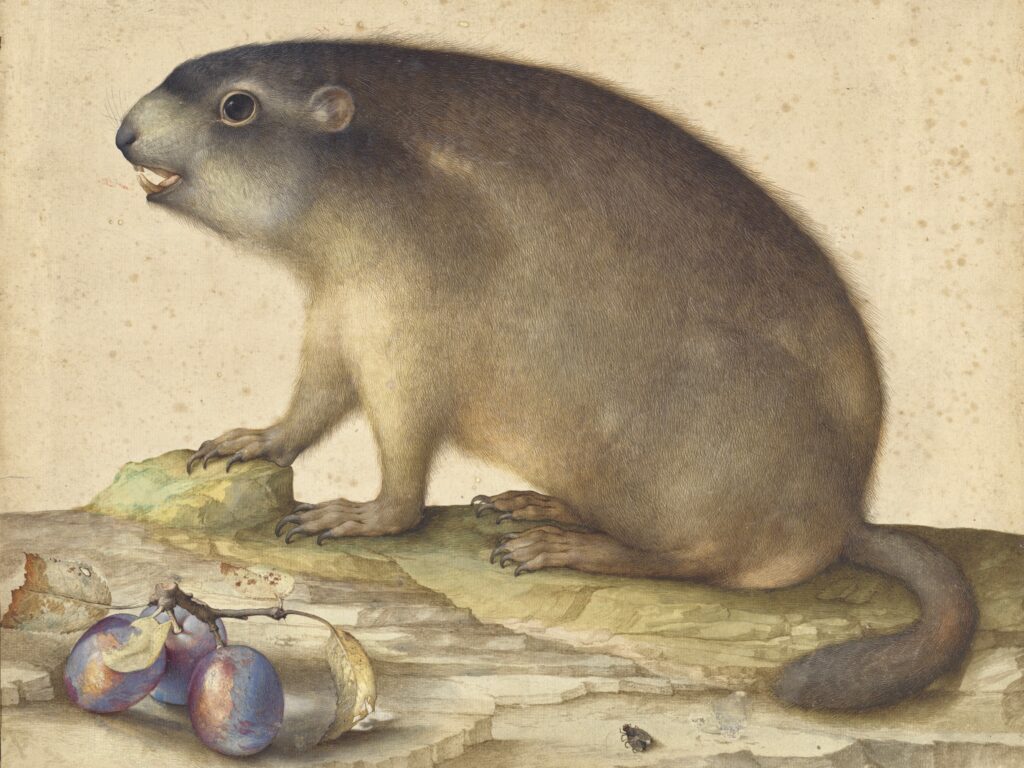
Illustrations
The Diary is illustrated from the Wellcome Collection (London), together with AstroPixels and the National Gallery of Art (Arizona and Washington DC) and the Albertina (Vienna).
